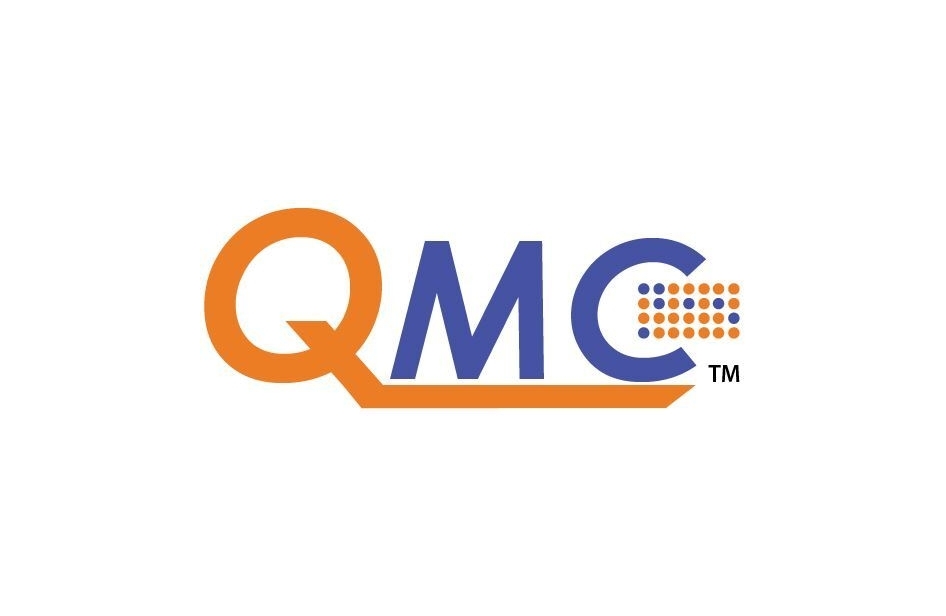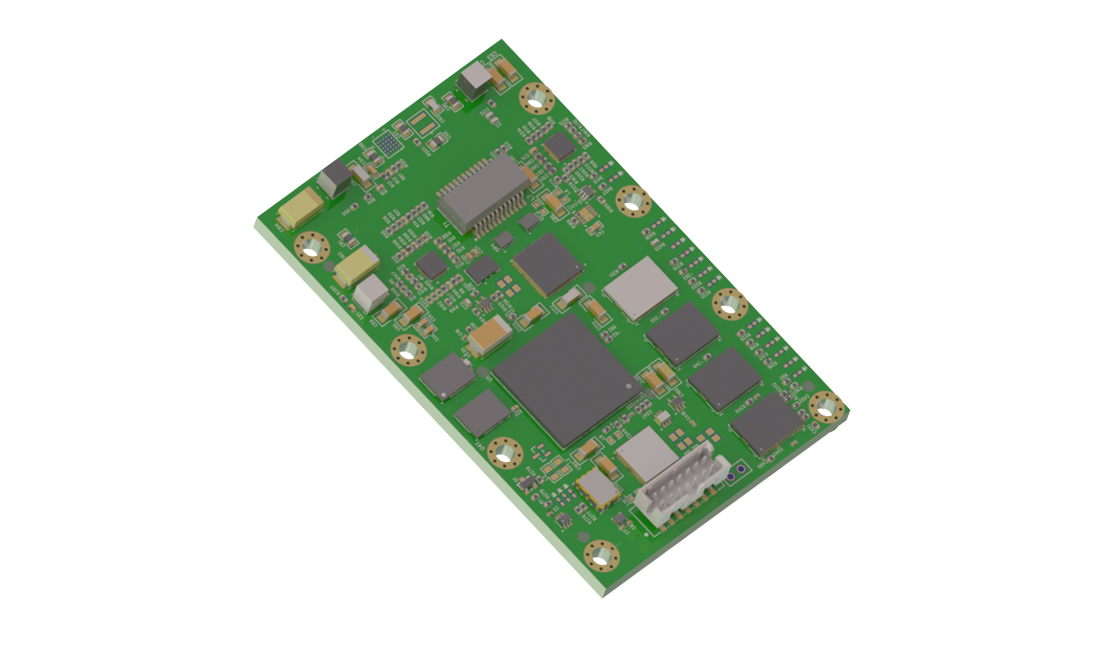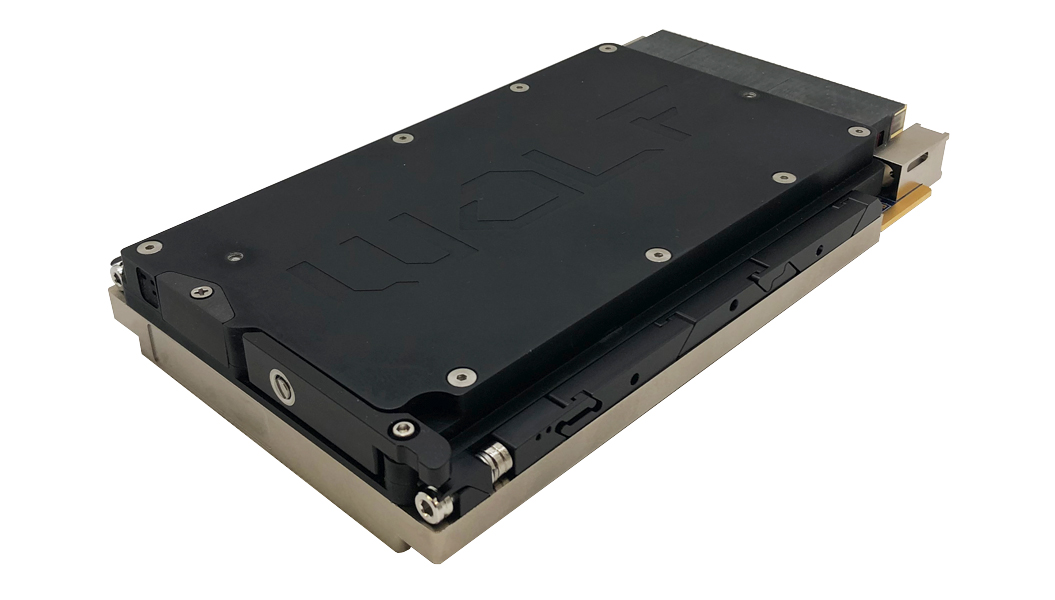San Jose Calif., May 21, 2009 – Embedded Alley, a leading provider of embedded Linux® and Android™ solutions, today announced a new version of the company’s flagship Development System for Linux. This upgraded development system lets device developers acquire and integrate embedded Linux platform code from Embedded Alley and other project repositories such as kernel.org, and from semiconductor and systems suppliers. In support of this wide-ranging freedom of choice, the Embedded Alley Development System is the first to offer tools to create software Bills of Materials, to track versions of the Linux kernel and other open source software (OSS) components and dependencies, to offer traceability of sources used in derived binaries, and to help OEMs comply with open source license obligations.
The hallmark of Embedded Alley support for Linux-based device development continues to be flexibility and support for OEM choice: not locking developers into a single supply chain, version or build methodology. With choice also come challenges: OEMs need to track the origin, version and licensing of project code, inside and outside of OEM premises. Developers also need to document code choices and build options used to create deployment images, both for license compliance and reproducibility.
To meet these and other challenges, the Embedded Alley Development System now offers:
Software BoM Creation – fully documents packages, versions, licenses, upstream source, patches and dependencies for both development and production builds
License Auditing – flags OSS licenses and highlights compliance obligations to match OEM-specified policies
Source Package Creation – builds comprehensive device/project sources and creates source packages tailored to meet licensing disclosure requirements
Traceability – supports tracking and verification of matched sources and binaries for redistribution, license compliance, maintenance and end-product customer support
The new Development System for Linux builds on Embedded Alley experience and competence across the intelligence device life-cycle. It also leverages Embedded Alley participation as maintainers of projects like Open Embedded, ALSA (Advanced Linux Sound Architecture), and ARM, MIPS and Power Architecture Linux kernel trees. “In keeping with open source community values, Embedded Alley supports and sustains choice and flexibility for embedded developers,” commented Matthew Locke, Embedded Alley COO. “Our Development System helps our customers and partners implement best practices in acquiring, integrating, managing and deploying open source software.”
Hardware Platform Support
The new Embedded Alley Development System for Linux includes support for leading ARM and MIPS chipsets, including intelligent device applications based on the Freescale Semiconductor i.MX31 Multimedia Applications Processor. (See accompanying new release – “Embedded Alley Empowers Developers Building Intelligent Devices with the Freescale i.MX31 Multimedia Applications Processor.”)
Availability
The Embedded Alley Development System for Linux is available immediately from Embedded Alley. For more information go to www.embeddedalley.com or contact via email at [email protected].
About Embedded Alley
Embedded Alley enables its customers to develop and deliver winning products by bridging the gap between open source and commercial software, providing Linux, middleware and expertise to OEMs building a broad range of mobile and embedded devices and communications infrastructure equipment.
The company also recently announced the new Embedded Alley Development System for Google Android, which will be available later this month, May 2009.
Founded in 2004, Embedded Alley is headquartered in San Jose, California, with operations worldwide. To learn more, please visit www.embeddedalley.com.






